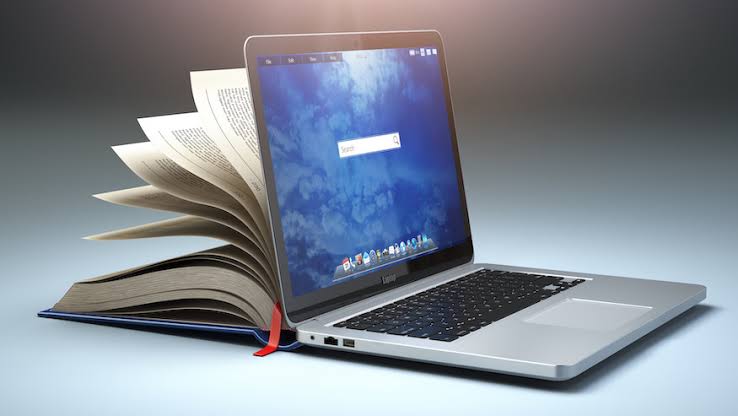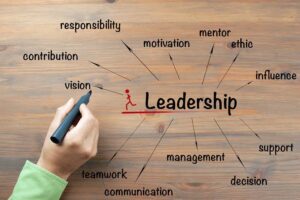Feature: The Digital Divide: Impact of the Internet on Education

Feature: The Digital Divide: Impact of the Internet on Education
By: JP Ashedzi
Over time, the world has seen technological inventions and advancements that have in massively unarguable ways affected knowledge.
More so, an advancement that has indeed made an indelible mark on the minds of individuals is the computer system, suffice to say that when the first set of computers was built by Charles Babbage in 1991, it had not been created with the intention that it will in one way or the other replace human relationship. Hence, we can say the progenitors of the masterpiece did not envisage what it can do today.
However, the computer system on its own is just a programmable electronic device that performs mathematical calculations and logical operations, especially one that can process, store and retrieve large amounts of data rapidly. What the computer was originally designed to do is help humans in the execution of mathematical operations that may prove tediously time-consuming for the average human to do. It is also of great importance to mention that the first sets of computers like the Atanasoff-Berry Computer (ABC), Electronic Numerical Integrator and Computer (ENIAC), Harwell CADET and so many others were outrageously voluminous and did not have the feature of portability.
As the 21st Century set in however, it brought about the developments that saw the transformation of the computer into smaller, portable and much more useful objects and then, the advent of the internet added a sea of endless opportunities to the computer. Hence, the computer has taken on the definition that it is a small electronic device for personal or home use employed for manipulating text or graphics, accessing the Internet, or playing games or media.
The above therefore shows that the computer has travelled into individual lives. The question now borders on how it affects the minds of people.
Looking at the educational sphere, which is one of the most important aspects of life, the advent of the internet has skyrocketed access to educational materials and shortened educational processes. This is possible because almost every question any human can think about has a direct or related answer on the internet.
This shows therefore that the internet can bring solution to whatever educational questions one has as long as the individual is prudent enough to use this provision for the right purposes.
Furthermore, due to some circumstances like distance, unavailable capital, health challenges and other impediments that certain humans face, access to physical classes maybe impossible, but the internet allows for an African student in Africa to obtain a certificate from a North American institute without ever having to visit the physical location of the school.
Therefore, the educational benefits of the internet are inexhaustive but the counter side of this coin is completely counter in every sense. Occasionally, it is impossible to believe how such a beneficial technological invention can behest so much malevolence.
With the internet came social media, and with social media came access to unending conversations with people one would struggle to see normally. But in the educational sphere, Students who spend too much time on social media may struggle with time management and become less productive in the classroom. Students are easily distracted from their studies by constant alerts, endless scrolling feeds, and the appeal of viral material.
Statistically speaking, the result of a cross-sectional study among 300, 17–29-year-old female students at Prince Sattam bin Abdul Aziz University showed that 97% of the students used social media applications. Only 1% of them used social media for academic purposes. Whereas 35% of them used these platforms to chat with others, 43% of them browsed these sites to pass time. Moreover, 57% of them were addicted to social media.
Additionally, 52% of them reported that social media use had affected their learning activities, 66% of them felt more drawn toward social media than toward academic activities, and 74% of them spent their spare time on social media platforms. The most popular applications (i.e., based on usage) were Snapchat (45%), Instagram (22%), Twitter (18%), and WhatsApp (7%). Further, 46% and 39% of them reported going to bed between 11 pm and 12 am and between 1 am and 2 am, respectively. Finally, 68% of them attributed their delayed bedtime to social media use, and 59% of them reported that social media had influenced their social interactions.
The result of such is therefore poor academic performances, insomnia, relationship difficulties with friends, health challenges like depression, brain damage etc.
It is important therefore that the use of the internet and social media should be checked so that it does not lead to a problem. Parents of young adults should check how their wards use these advancements. It should be for the development of the mind and not the destruction of the society at large.










